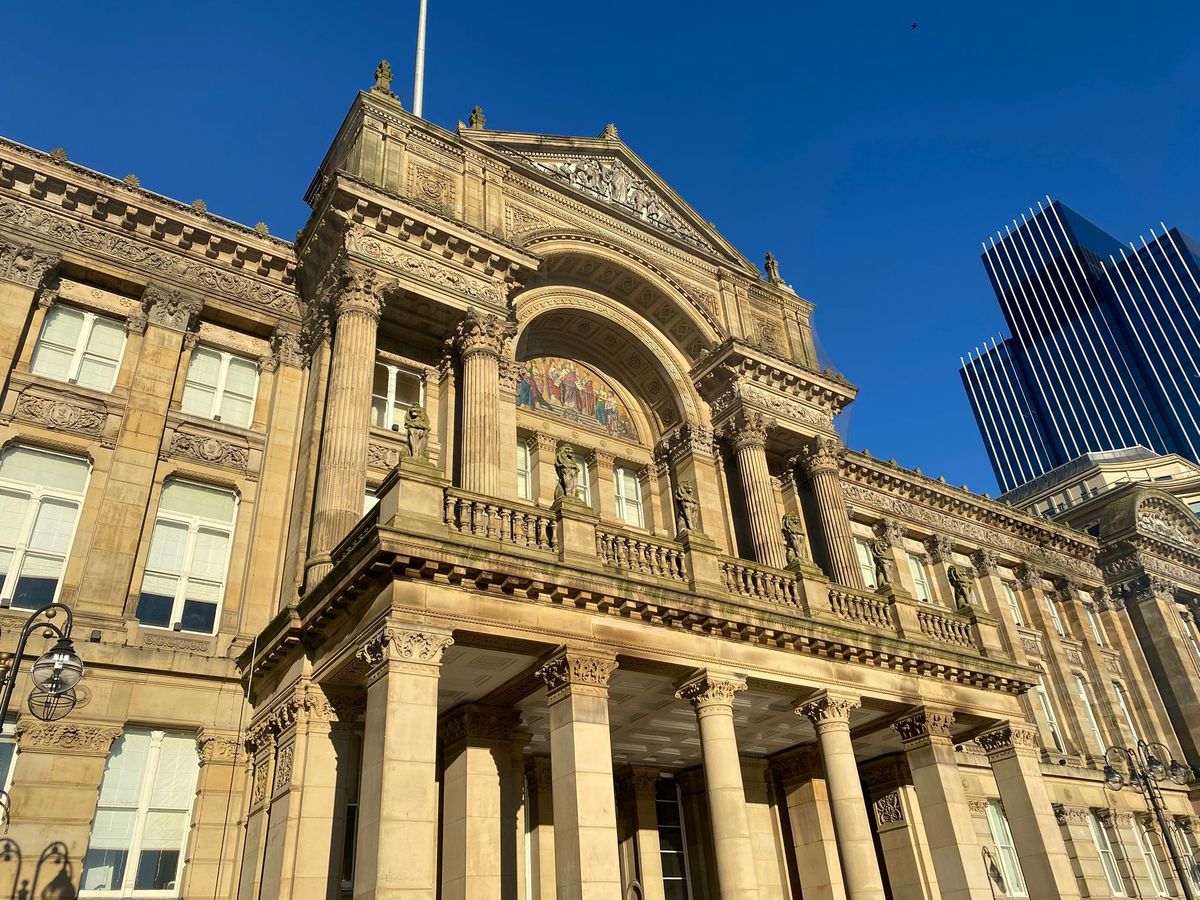The authority has said it is committed to introducing a “negotiated stopping” programme, which would involve an unused piece of land being used by those in the travelling community for “short-term stays”.
Work on this pilot started amid the council’s ongoing difficulties with its transit sites, which are authorised areas where travellers can be directed to when in the city.
They typically provide hard standing for holding caravans, a secure boundary and basic sanitary provision, while some also provide electricity.
But one of the council’s two transit sites has suffered from repeated damage and vandalism while another has been home to “long-term occupants”.
Amid this backdrop, caravans have been spotted at a number of city parks and recreation grounds in a number of areas in recent weeks, including in Yardley, Billesley and Kings Heath.
A public protection committee heard back in March that a consultation with communities and businesses where negotiated stopping sites are being proposed was set to take place in April and May this year.
 Birmingham City Council House. Photo: Alexander Brock
Birmingham City Council House. Photo: Alexander Brock
The pilot would then have started in June, according to a timetable published before the meeting.
But the city council confirmed this week that potential sites are still being identified and the consultation will therefore take place “later in the year” instead.
This means the start date of the pilot has been pushed back from June, as suggested in the timetable earlier this year.
“The council are looking to progress a negotiated stopping procedure to enable the identification of specific sites to direct gypsies and travellers to for short-term stays,” a spokesperson for the council said on Thursday (June 19).
“Council officers are working to identify potential sites to be taken forward for consultation with local ward members, communities and businesses where the sites are being proposed.
“Consultation feedback will inform the final list of sites to be taken forward for a 12-month trial period.”
They went on to say that the council remains “committed” to undertaking the pilot and is continuing to identify potential sites, which will now be taken forward for consultation “later in the year”.
The council added that Leeds City Council operate a successful negotiated stopping procedure.
‘Significant costs to the council’
A council report acknowledged earlier this year that the existing provision in Birmingham does not meet the “minimum pitch provision needs” of the travelling community.
It added there is no allocated budget for the management of the existing transit sites.
The council is therefore going ahead with the ‘negotiated stopping’ trial to see if the situation can be improved when it comes to unauthorised encampments.
The local authority continued that it will make sure that it has taken “everyone’s views into consideration” regarding the pilot and added there are also plans for “community cohesion”.
A report also said that 502 unauthorised encampments were recorded in Birmingham from 2018/19 to 2022/23 – 78 per cent on publicly-owned land.
“The use of unauthorised encampments presents significant costs to the council, both in terms of managing and moving on sites and remediation to damage and refuse left following an encampment,” it stated.
On what affected the ‘longevity’ of any encampment, the report said the council, and other public bodies, had to consider the welfare of anyone who lived in the area.
“Secondly, the available powers are hampered by the lack of an available transit site to direct encampments to,” it went on to say.
The report added that the ‘negotiated stopping’ approach was “favoured by Gypsy Traveller communities as it provides a balanced and sensitive approach” and “offers more flexibility”.
“The council will need to assess the success of adopting the negotiated stopping approach before it can be embedded more broadly as a way forward,” it said.
